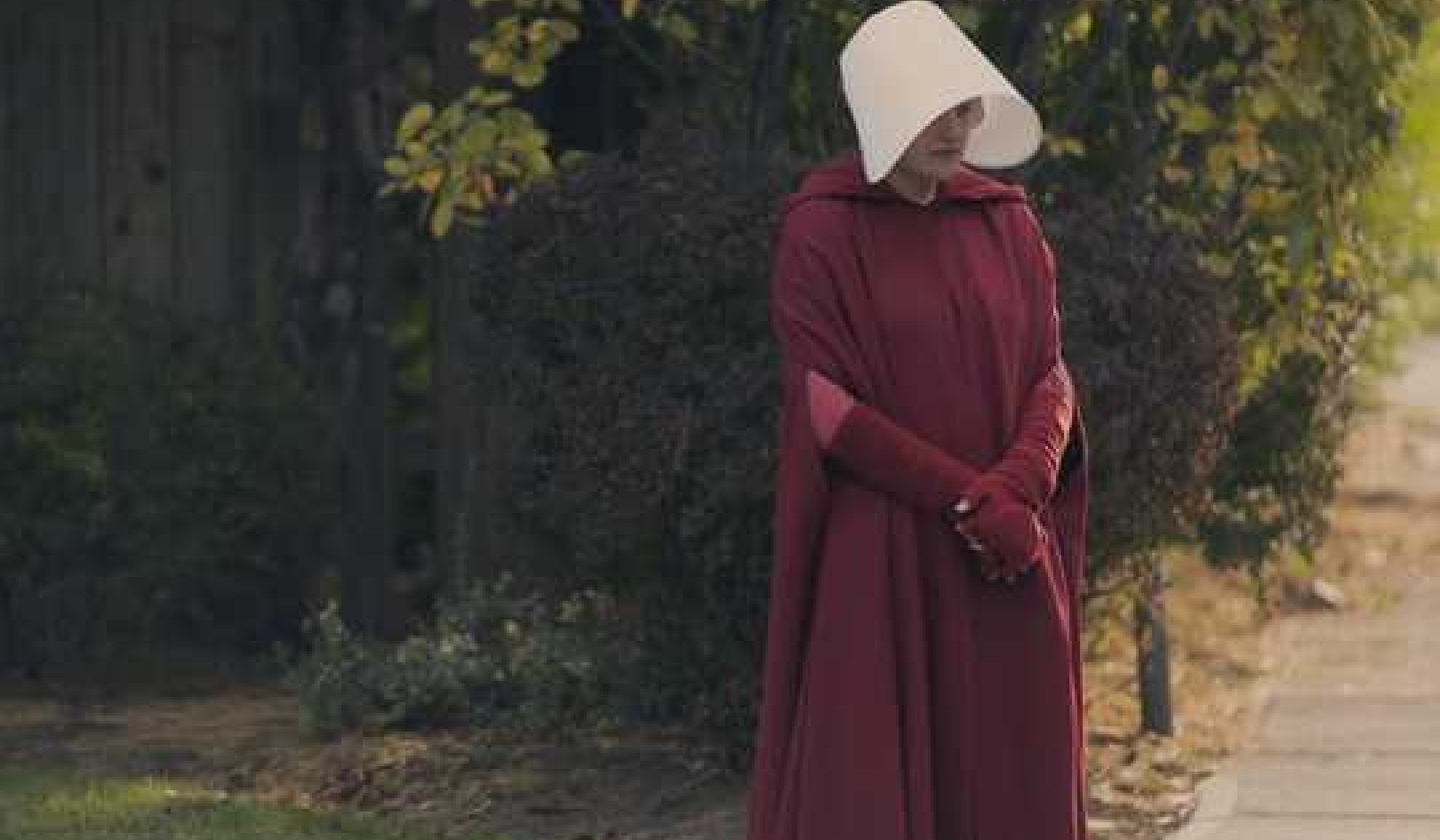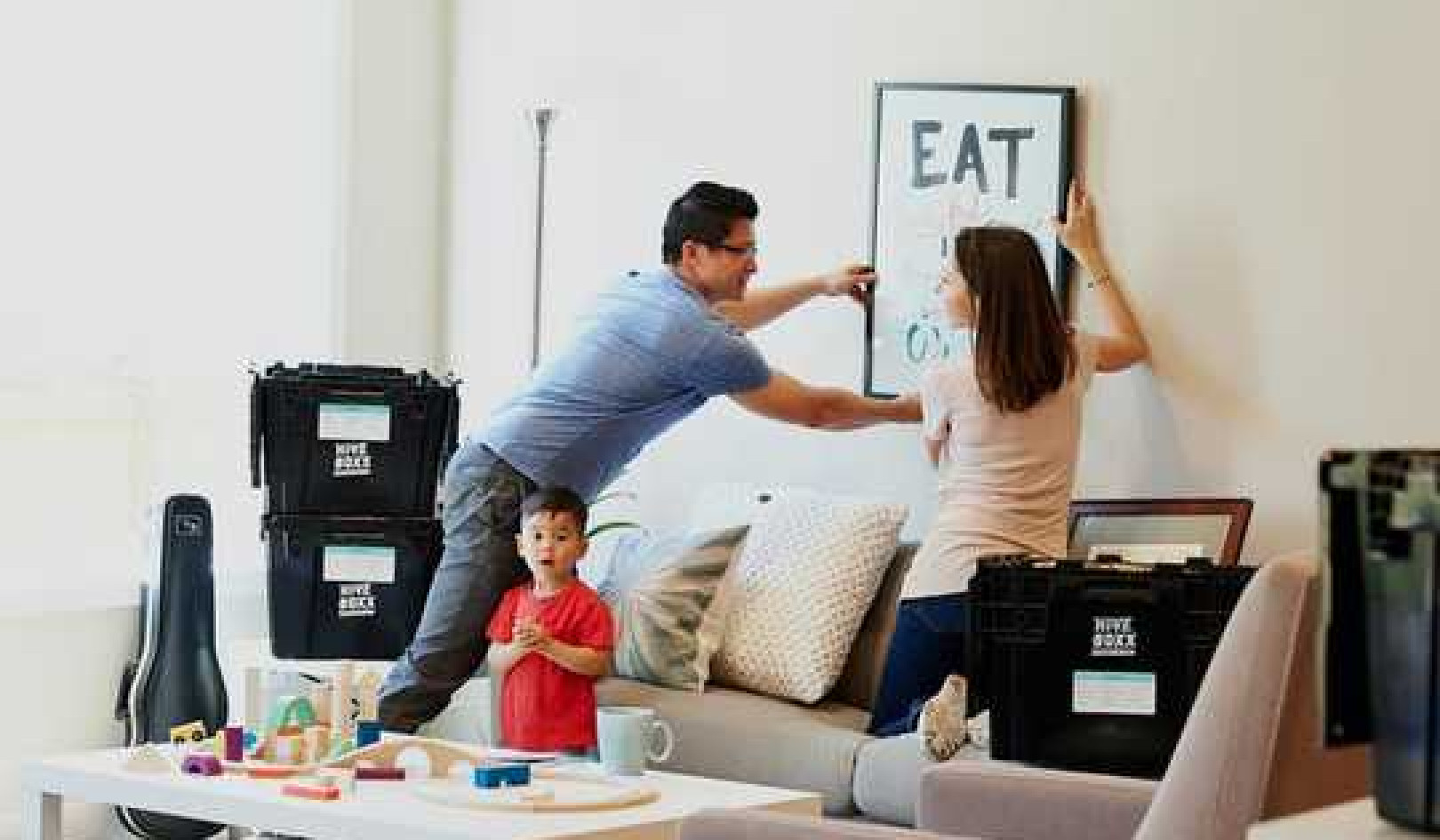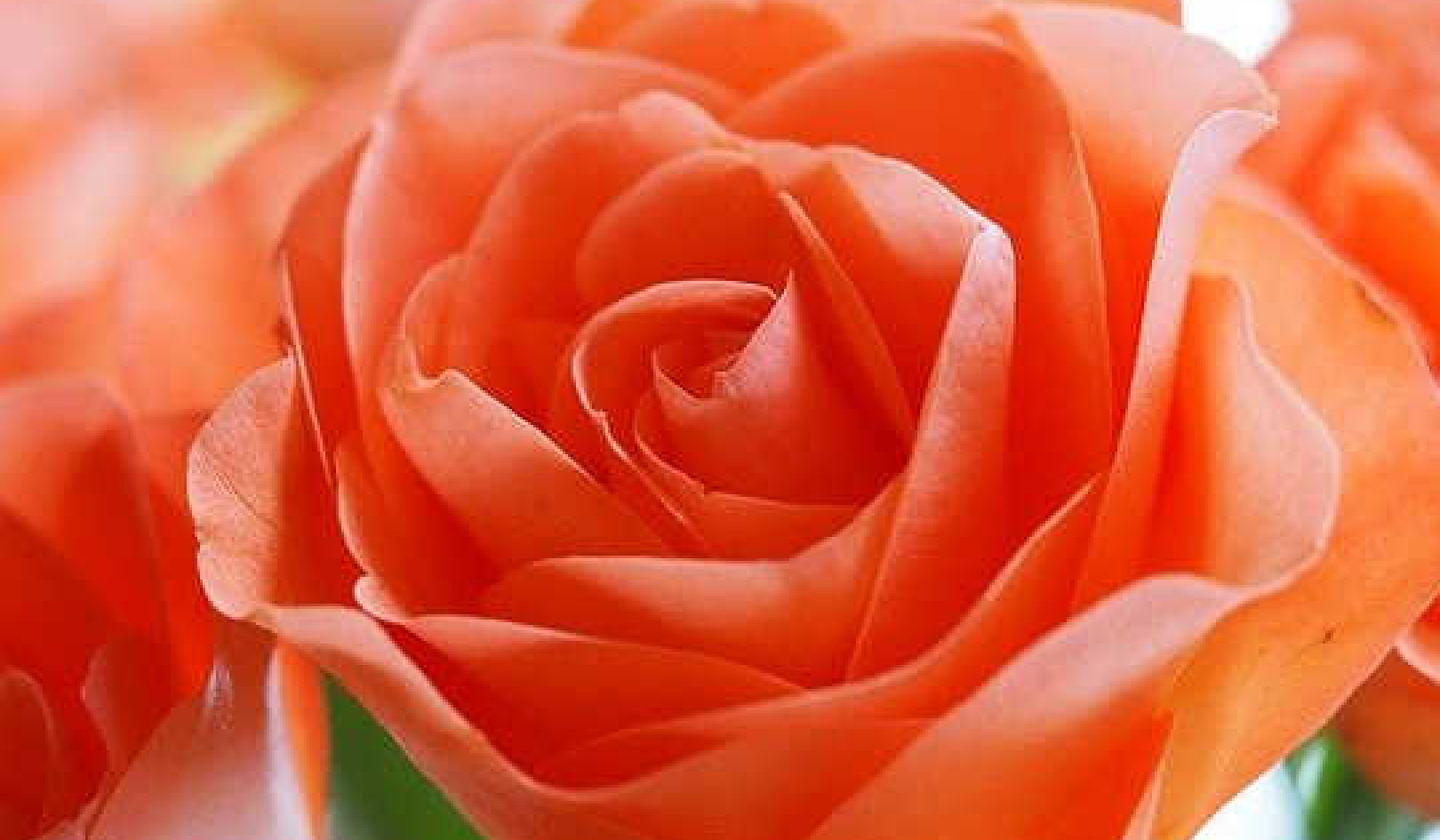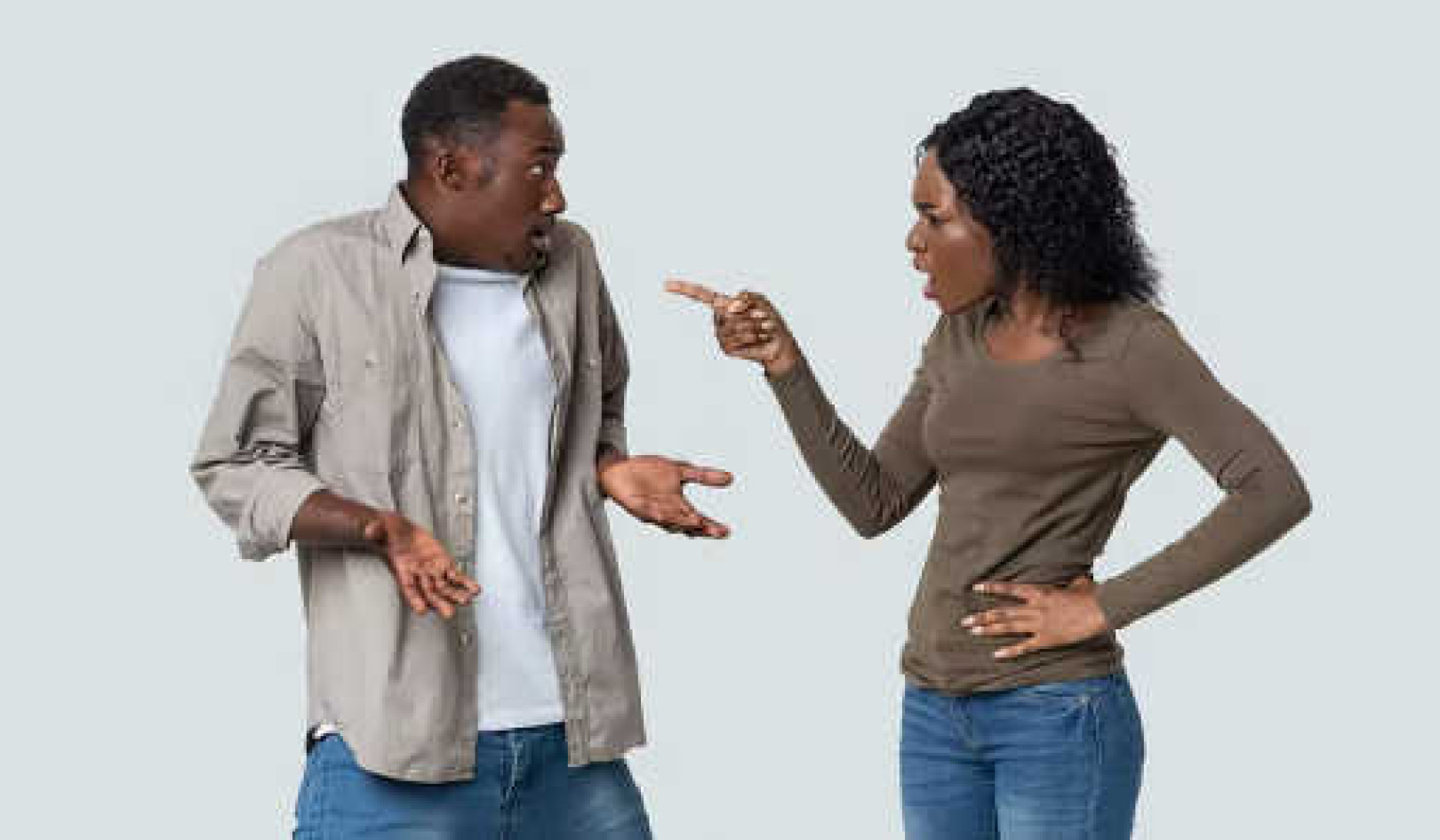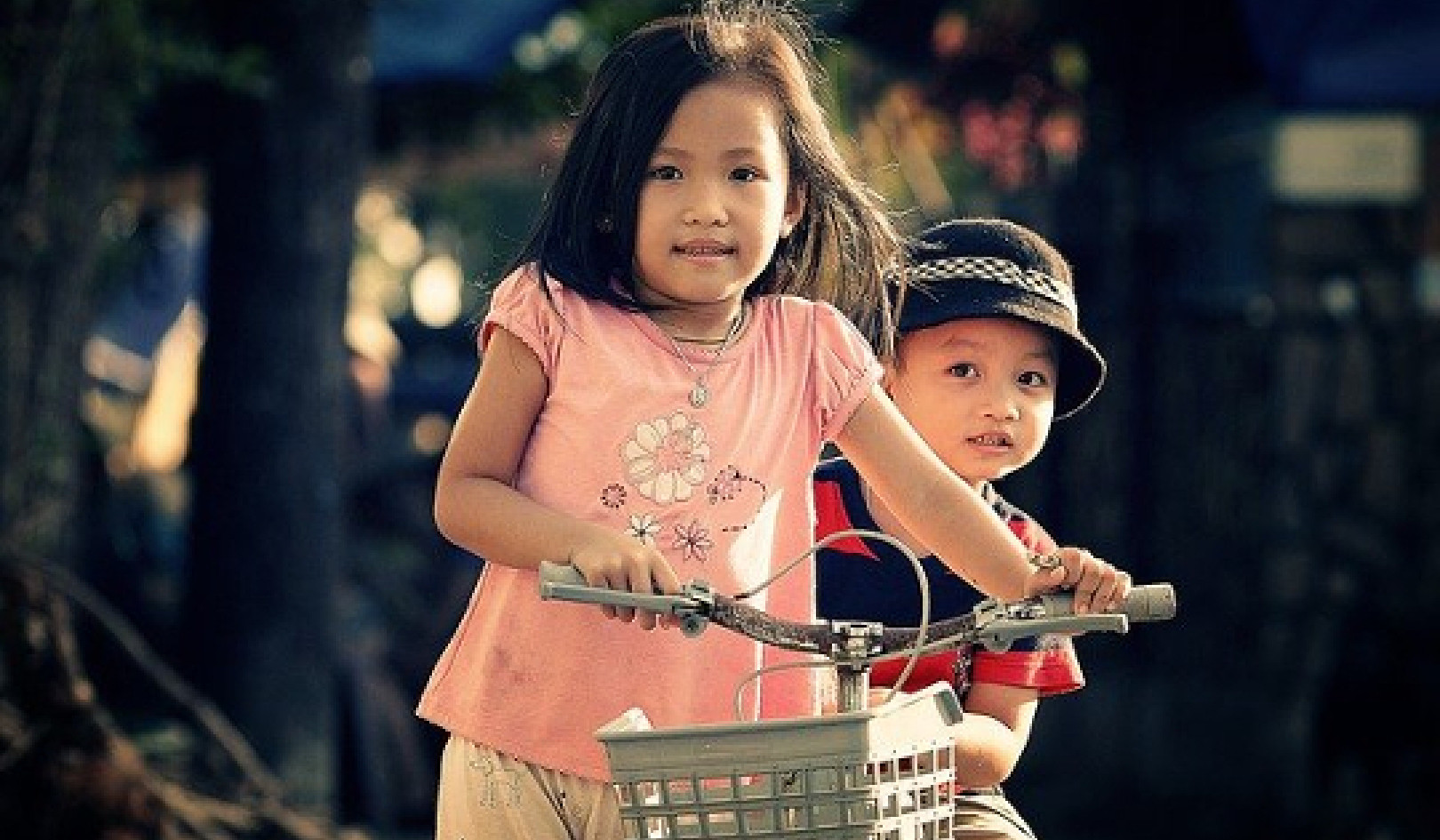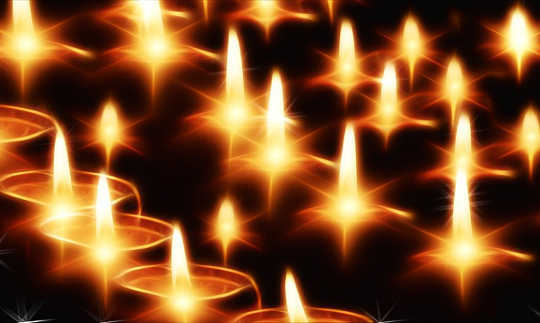
The state of the world bewilders us, and we are anxious about what the future may hold. The old institutions in society and politics and economics no longer work, and violence and inequality continue unabated, along with increasing technological change, globalization, and damage to our environment.
Much is changing for the better, however, though there is still a long way to go. Looking on the bright side, we need to remind ourselves of the transformational movements and shifts in consciousness that have occurred over the last sixty or so years, from the civil rights movement, the human potential movement, and the feminist movement of the 1960s and ’70s, to attitudes to gender and disability, the rights of workers, and human rights in general in recent decades.
The future, with all its upheavals, may seem chaotic and threatening, but it is also in our hands. We create the future—each one of us—in how we live our lives and with the choices we make.
With hope and inspiration as a catalyst, we can act to help mend, restore, and transform our world. Hope means recognizing that another way of living is possible. We can all be instrumental in this change and start to live the way we want things to be.
As the psychotherapist-writer Clarissa Pinkola Estés wrote:
Ours is not the task of fixing the entire world all at once, but of stretching out to mend the part of the world that is within our reach.
Any small, calm thing that one soul can do to help another soul, to assist some portion of this poor suffering world, will help immensely.
When we consider the history of our world, we know that it is not majorities that bring about change, but committed and dedicated minorities. There is a groundswell of people all over the world right now who see that the old order is disintegrating and something new is being born, and they are choosing to live differently. Each one of us can contribute to the paradigm shift that is happening.
Becoming Our Best Selves
Making hope central to our lives and giving hope to others are vital. As Lin Yutang, the twentieth-century Chinese writer and one of the most influential of his generation, wrote, “Hope is like a road in the country, there was never a road, but when many people walk on it, the road comes into existence.”
The inspirational songwriter-poet Leonard Cohen, who reflected our times and the state of society in his insightful songs, wrote in his now famous chorus “Anthem” that everything has a crack in it, nothing is perfect, and it is through that imperfection that we see the light.
Our task is to offer what we can, no matter how small and imperfect our offering. We can choose to remember that love has the power to heal much that needs healing. Whoever we are, whatever our circumstances, we can all try to spread kindness every day of our lives, and help to bring hope to our suffering world.
I play my part in the transformational shift by living as I want the future to be.
I do all I can to spread kindness and give hope to others.
I live in awareness, knowing that I am helping to mend the world.
Coming Together To Overcome the Darkness
We have the power to deal with the crises we face, both in our own lives and in the world around us. All we have to do is to start living the way we want things to be, adopting new ways of seeing and being. As Gandhi so famously said, “Be the change you wish to see in the world.”
Grace Lee Boggs was a brilliant scholar and philosopher and well-known activist for seven decades, dying at age one hundred in 2015. A radical socialist in her early life, she came ultimately to favor nonviolence like Gandhi, and felt that protest was not the way to bring about change. She spoke instead of a revolution in which we transform how we perceive ourselves, our environment, and our institutions, and as one in which we are all leaders.
She believed that we can change the way we relate individually and collectively to each other and can only change society by seeing ourselves as belonging to it and taking responsibility for changing it by “visionary organizing.” Having founded cooperatives and community groups in Detroit where she lived, in her later years she collaborated with activists to create a new generation of leaders, starting with inner-city kids. Grace certainly gave hope to many who had fallen on hard times in Detroit.
I live my life knowing that I am connected to all life.
I am becoming my best self and am able to help others.
I know that there is hope and that it begins with me.
Hope is about imagining better, about knowing that we are one with the power that sustains the universe, and being free from the illusion that we’re separate and not part of the whole. We can no longer think of our own needs without appreciating how we are all connected—the whole human race, all forms of life, as well as future generations. Coming together as human beings, we can create something better for the future.
By becoming our best selves, by never giving up on hope, and being aware and compassionate, we are more able to help others. If others lose hope, then we have to find a way to reawaken it, for the miracle of hope is that it’s contagious—it’s a gift we can give to others.
Our hope for this better world means cooperation in the continual process of change and adaptation. We cannot survive alone. We need living networks as in nature, where all the major ecosystems are built on conversations between the interdependent parts.
Our task as human beings is to come together to form a planetary community, overcoming the growing fragmentation and separation. Each one of us can join with another, and then another, so that a revolution in consciousness can come about, as Pope Francis reminded us in his April 2017 TED Talk (see the Pope's inspirational TED Talk further down this page):
Through the darkness of today’s conflicts, each and every one of us can become a bright candle, a reminder that light will overcome darkness, and never the other way around.
A single individual is enough for hope to exist, and that individual can be you. And then there will be another “you,” and another “you,” and it turns into an “us.” And so, does hope begin when we have an “us”? No. Hope began with one “you.” When there is an “us,” there begins a revolution....
©2018 by Eileen Campbell. All Rights Reserved.
Publisher: Conari Press, an imprint of Red Wheel/Weiser, LLC.
www.redwheelweiser.com. Excerpted with permission.
Article Source
Woman's Book of Hope: Meditations for Passion, Power, and Promise
by Eileen Campbell
 This is a book of daily meditations designed to help restore a sense of hopefulness and purpose. It is a practical, friendly, and helpful book that will appeal to anyone looking for a little pick-me-up, a little help in getting through the week. It is a book for women who feel overwhelmed and underappreciated. It is the perfect antidote to despair: a book that teaches women to practice hope--to take concrete steps in the face of pain and despair and to make their lives happier. (Also available as a Kindle edition.)
This is a book of daily meditations designed to help restore a sense of hopefulness and purpose. It is a practical, friendly, and helpful book that will appeal to anyone looking for a little pick-me-up, a little help in getting through the week. It is a book for women who feel overwhelmed and underappreciated. It is the perfect antidote to despair: a book that teaches women to practice hope--to take concrete steps in the face of pain and despair and to make their lives happier. (Also available as a Kindle edition.)
About the Author
 Eileen Campbell is the author of several books, including The Woman's Book of Joy. She was an alternative/New Age publisher for over 30 years and worked in various capacities for major publishers including Routledge, Random House, Penguin, Rodale, Judy Piatkus Books, and Harper Collins. She was also a writer/presenter for BBC Radio's "Something Understood" and "Pause for Thought" in the 1990s. She currently devotes her energies to yoga, writing, and gardening. Visit her at www.eileencampbellbooks.com.
Eileen Campbell is the author of several books, including The Woman's Book of Joy. She was an alternative/New Age publisher for over 30 years and worked in various capacities for major publishers including Routledge, Random House, Penguin, Rodale, Judy Piatkus Books, and Harper Collins. She was also a writer/presenter for BBC Radio's "Something Understood" and "Pause for Thought" in the 1990s. She currently devotes her energies to yoga, writing, and gardening. Visit her at www.eileencampbellbooks.com.
Related Books
More books by this author
at InnerSelf Market and Amazon
TED Talk video mentioned in the article:
{vembed Y=36zrJfAFcuc}























